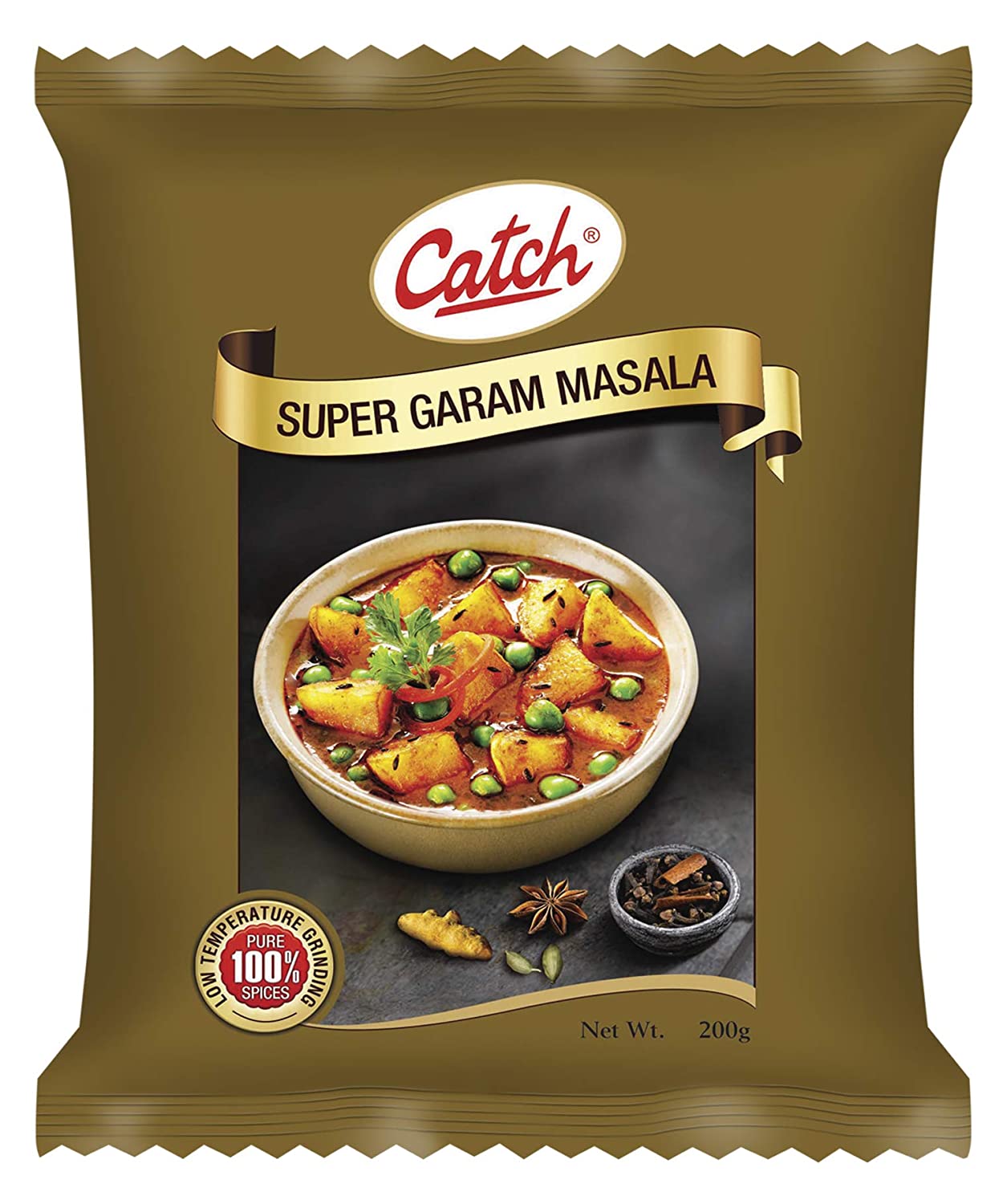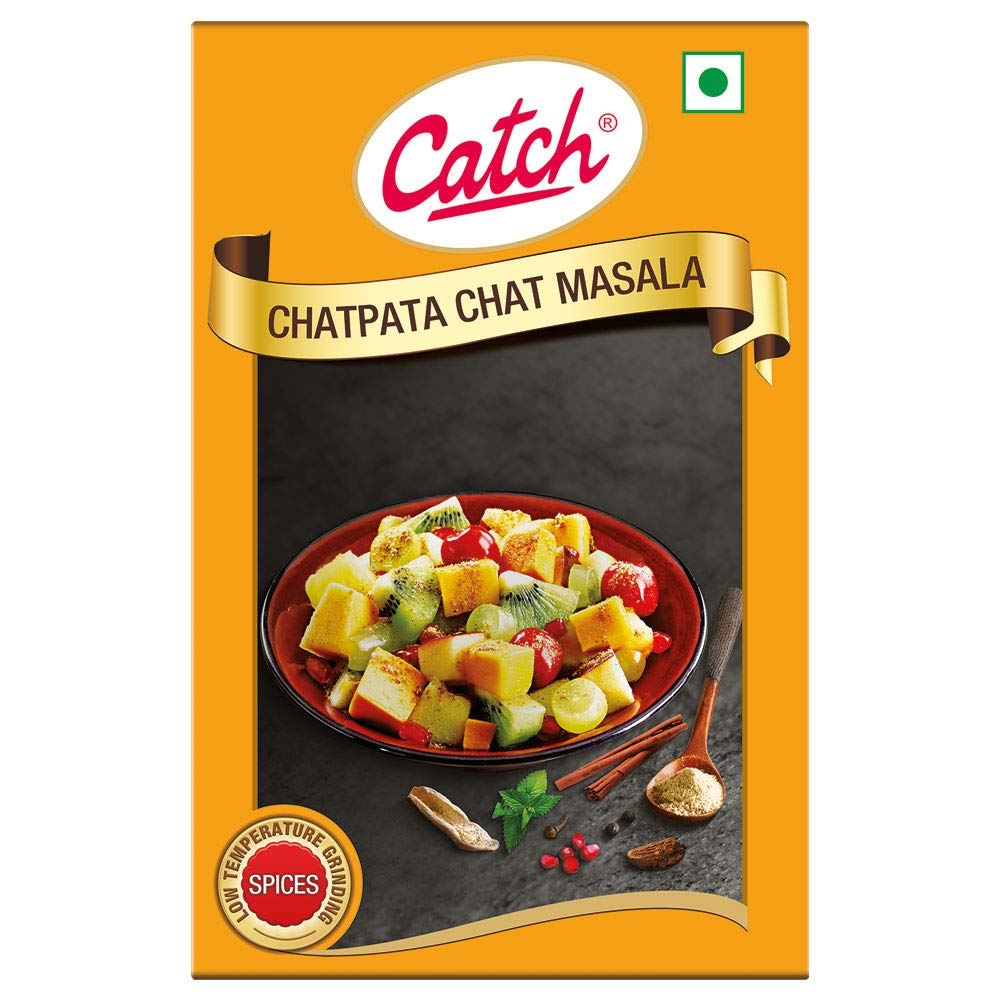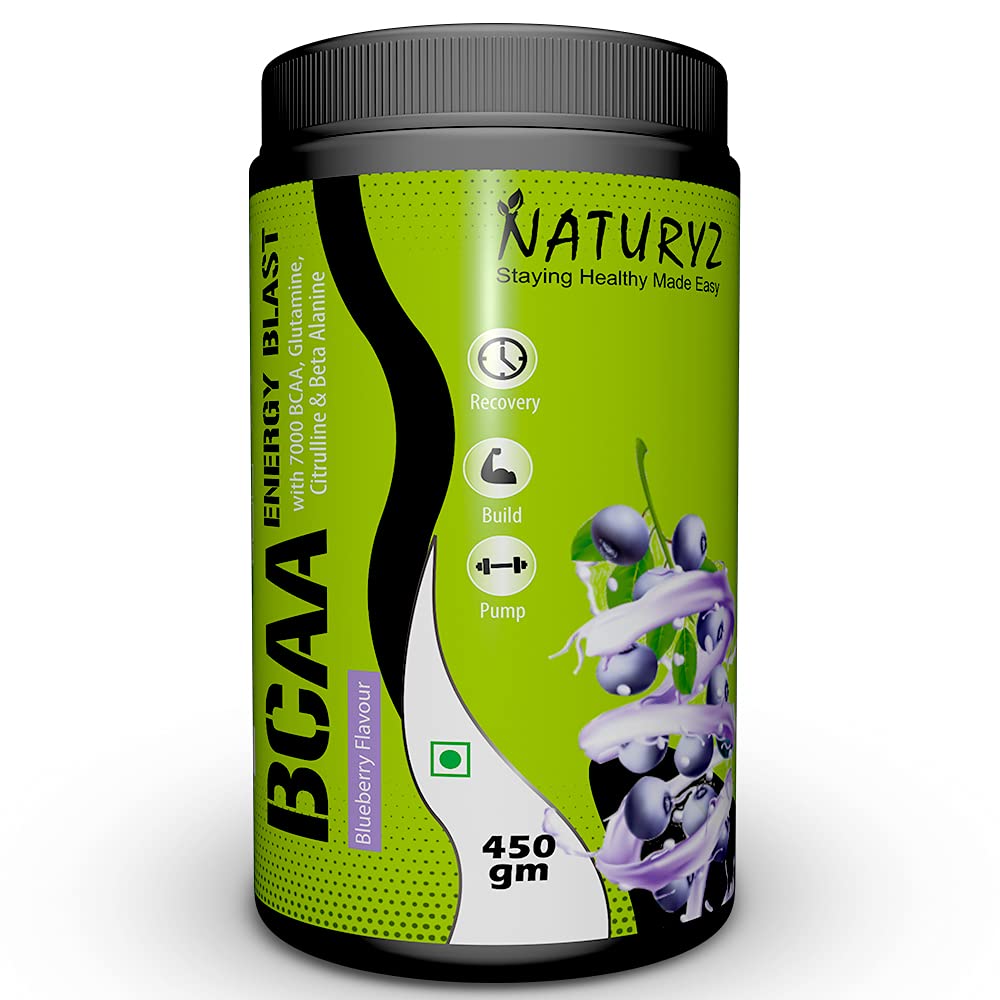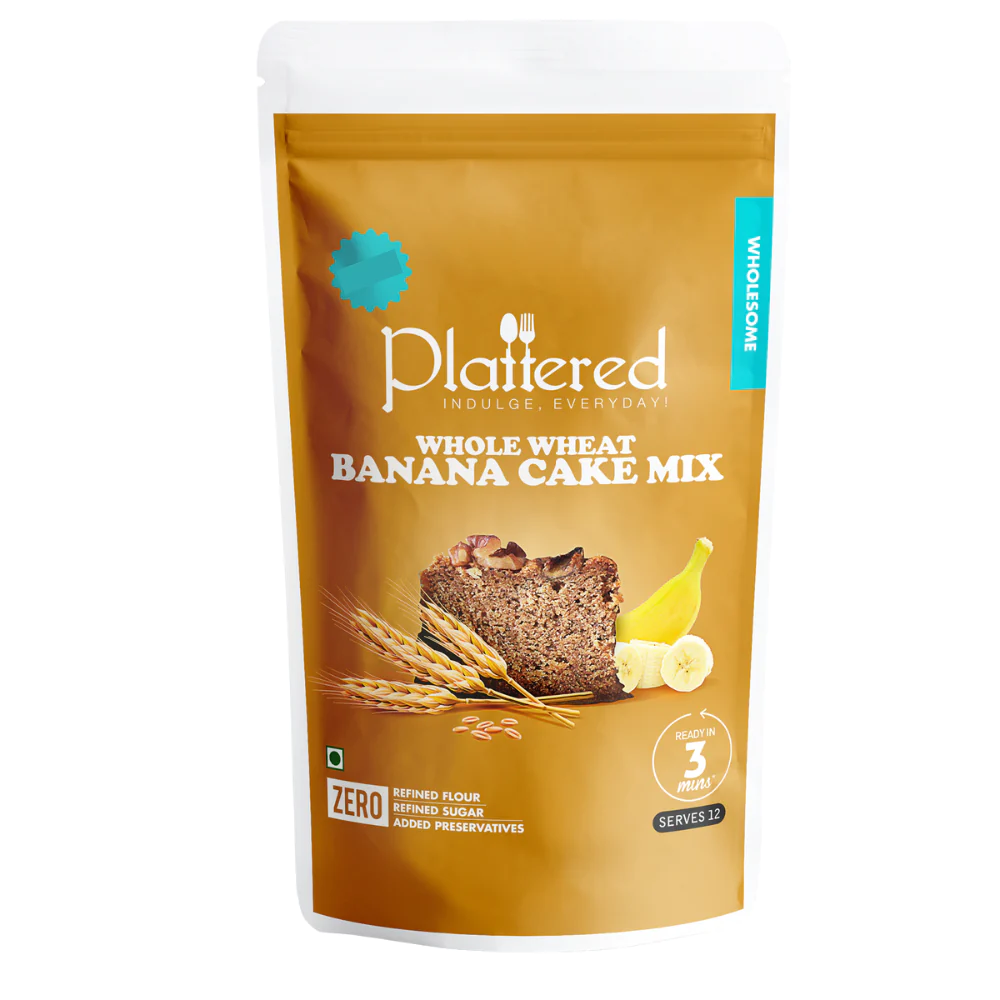Sodium Chloride
Micronutrient
Last update date: October 11, 2023
Sodium Chloride is a natural mineral, more commonly known as salt. It promotes and fights digestive disorders & combats respiratory problems. People with high blood pressure should consume salt in moderation.
Frequently Asked Questions
1.
What is Sodium Chloride?
Sodium chloride, also known as salt, is a fundamental nutrient that serves crucial roles in your body. As an electrolyte, sodium helps regulate your body's water balance and plays a significant part in transmitting nerve impulses and facilitating muscle contractions. In addition to its natural presence in your body, sodium chloride is used in medical settings to address sodium loss caused by dehydration, excessive sweating, or other factors.
2.
What is positive impact of Sodium Chloride?
Consuming an adequate amount of sodium chloride is beneficial for your overall health. Sodium, derived from sodium chloride, plays a crucial role in maintaining the balance of fluids in your body. It helps to regulate blood pressure by controlling the volume of blood and the constriction and relaxation of blood vessels. Adequate sodium intake is essential for proper muscle and nerve function, ensuring that signals are transmitted effectively. Moreover, sodium chloride enhances the taste of food, making it more enjoyable and satisfying to eat. Including an appropriate amount of sodium chloride in your diet supports various bodily functions and contributes to overall well-being.
3.
What is negative impact of Sodium Chloride?
If you experience any severe side effects while using sodium chloride, it is important to discontinue its use and promptly consult your doctor. Serious side effects may include symptoms such as nausea, vomiting, stomach pain, or swelling in your hands, ankles, or feet. These symptoms should be taken seriously and evaluated by a healthcare professional to determine the underlying cause and appropriate course of action.
4.
Who should avoid Sodium Chloride?
While sodium chloride is an essential nutrient for most people, individuals with specific health conditions should be cautious about their sodium intake. People with hypertension or high blood pressure should moderate their sodium consumption to manage their condition effectively. Additionally, individuals with kidney disease, liver disease, or heart failure may need to restrict their sodium intake as advised by their healthcare provider. It's crucial to consult with your doctor or a registered dietitian to determine the appropriate sodium intake for your specific health needs and to follow any recommended dietary guidelines
5.
What are common sources of Sodium Chloride?
Sodium chloride, commonly known as salt, can be found naturally in low levels in various foods. However, high levels of sodium chloride are often added to many processed and packaged foods. Common sources of sodium chloride include ready meals, such as instant noodles or frozen dinners, meat products like bacon and sausages, some breakfast cereals, certain types of cheese, tinned vegetables with added salt, some varieties of bread, and savory snacks like potato chips. It's important to be mindful of the sodium content in these foods, as excessive consumption can contribute to higher sodium intake levels. Reading food labels and choosing low-sodium alternatives can help you maintain a balanced and healthy diet.











